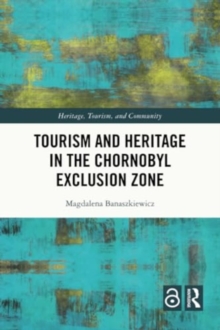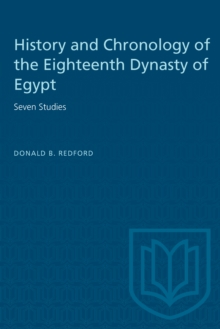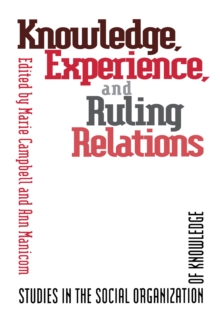
The Rising in Western Upper Canada 1837-8 : The Duncombe Revolt and After PDF
by Colin Read
Part of the Heritage series
Description
In December 1837 assemblyman Dr Charles Duncombe of Burford led a rebellion in south-western Upper Canada, gathering 500 men near Brantford. Historians have assumed that Duncombe acted in concert with William Lyon Mackenzie, leader of the revolt near Toronto. Professor Read finds this supposition wrong, though acknowledging that Duncombe was induced to promote rebellion by the erroneous report that Mackenzie and his men had taken Toronto.
To better define the events of the period, Read examines the states of society in the western ear of the Gore district and much of the London district, including settlement and the national and religious backgrounds of the inhabitants, and the types of society and economy they evolved. He looks at their political culture and its development, clearly indicating the battle lines drawn between Reformers and Tories in the pre-rebellion period – lines which grew increasingly rigid as the rebellion neared, hardened by a number of issues, some provincial in nature, others purely local.
Read describes the mustering of the rebels, the crushing of the rebellion by ‘loyalist ‘forces, and the subsequent detention and imprisonment of the rebels, assessing the role of the authorities in their punishment and defining its nature.
The author concludes that the rebels were mostly American or Upper Canadian and broadly representative of the members of a reasonably prosperous agrarian community, not of a rural proletariat, nascent or otherwise. He suggests that the Duncombe rising and its attendant troubles were precipitated, not by a broadly based movement aimed at producing fundamental social change, but by a narrowly centred movement which sought political reforms.
Information
-
Download - Immediately Available
- Format:PDF
- Pages:340 pages
- Publisher:University of Toronto Press
- Publication Date:15/12/1982
- ISBN:9781487575205
Other Formats
- Paperback / softback from £32.59
Information
-
Download - Immediately Available
- Format:PDF
- Pages:340 pages
- Publisher:University of Toronto Press
- Publication Date:15/12/1982
- ISBN:9781487575205










